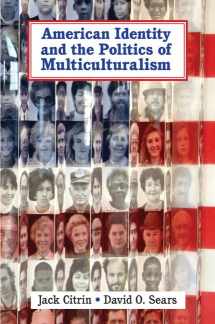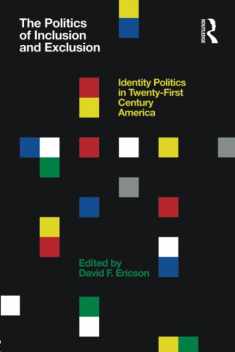
American Identity and the Politics of Multiculturalism (Cambridge Studies in Public Opinion and Political Psychology)
Book details
Summary
Description
The civil rights movement and immigration reform transformed American politics in the mid-1960s. Demographic diversity and identity politics raised the challenge of e pluribus unum anew, and multiculturalism emerged as a new ideological response to this dilemma. This book uses national public opinion data and public opinion data from Los Angeles to compare ethnic differences in patriotism and ethnic identity and ethnic differences in support for multicultural norms and group-conscious policies. The authors find evidence of strong patriotism among all groups and the classic pattern of assimilation among the new wave of immigrants. They argue that there is a consensus in rejecting harder forms of multiculturalism that insist on group rights but also a widespread acceptance of softer forms that are tolerant of cultural differences and do not challenge norms, such as by insisting on the primacy of English. There is little evidence of a link between strong group consciousness and a lack of patriotism, even in the most disadvantaged minority groups. The authors conclude that the United States is not breaking apart due to the new ethnic diversity.


We would LOVE it if you could help us and other readers by reviewing the book
Book review




